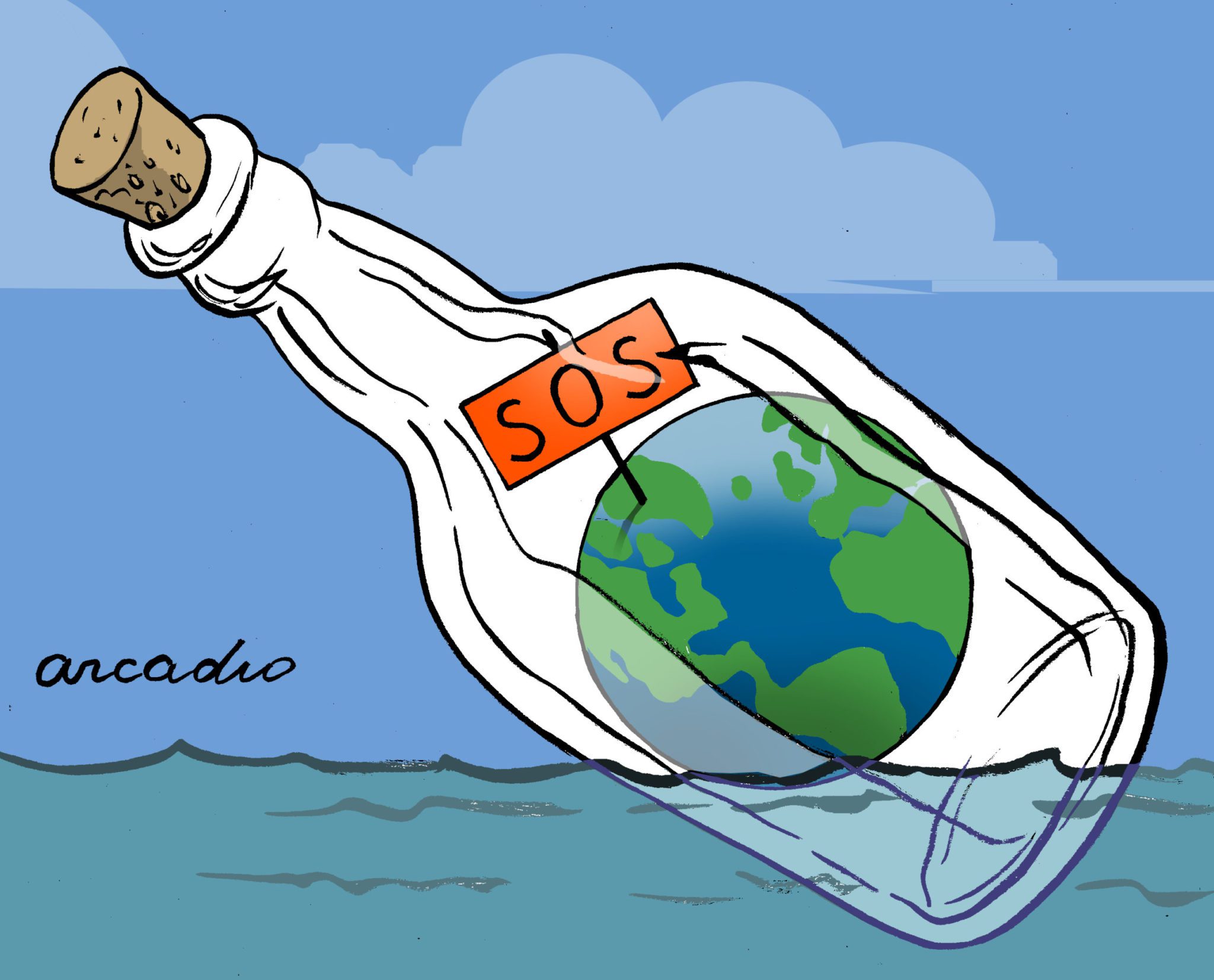Keystone XL Pipeline opponents earned a scary “I told you so” at the end of October when that controversial, much-protested pipeline spilled 383,040 gallons of oil into a North Dakota wetlands. Though they warned of the dangers, the protestors are the last people who would want to see the wetlands endangered. They are the ones who warned against such an occurrence.
Ironically, according to Daily Kos, the spill happened just hours after a hearing in Billings, MT, on the Environmental Impact Statement for the Keystone XL project.
The leak also occurred the day before hearings in Pierre, SD, where the pipeline’s owners were seeking three water permits “requesting a large amount of our surface water for one purpose – to build a hazardous materials pipeline in a diagonal across agricultural lands,” according to Bruce Ellison, representing opponent grassroots Dakota Rural Action, and reported by Native Sun News Today.
And before October ended, a Michigan Court of Claims judge ruled against protestors contesting a Great Lakes oil pipeline tunnel.
The natural world is under attack by short-term profiteers with total disregard for the damage their companies inflict. And those corporations were granted personhood in the U.S. by an 1886 Supreme Court ruling that said they fell under the equal protection clause of the 14th Amendment.
But if the perpetrators of violence against the natural world have personhood, what about their victims? How about an even playing field?
Our great 20th Century jurist William O. Douglas famously suggested just such “standing” in a 1972 dissenting opinion:
“Inanimate objects are sometimes parties in litigation. A ship has a legal personality, a fiction found useful for maritime purposes. The corporation sole – a creature of ecclesiastical law – is an acceptable adversary, and large fortunes ride on its cases. The ordinary corporation is a ‘person’ for purposes of the adjudicatory processes, whether it represents proprietary, spiritual, aesthetic, or charitable causes.
“So it should be as respects valleys, alpine meadows, rivers, lakes, estuaries, beaches, ridges, groves of trees, swampland, or even air that feels the destructive pressures of modern technology and modern life. The river, for example, is the living symbol of all the life it sustains or nourishes – fish, aquatic insects, water ouzels, otter, fisher, deer, elk, bear, and all other animals, including man, who are dependent on it or who enjoy it for its sight, its sound, or its life. The river as plaintiff speaks for the ecological unit of life that is part of it. Those people who have a meaningful relation to that body of water – whether it be a fisherman, a canoeist, a zoologist, or a logger – must be able to speak for the values which the river represents, and which are threatened with destruction.”
And others have begun to recognize the logic and rightness Douglas espoused.
Dana Drugmand, writing for YES! Magazine this summer, noted:
“More than 20 countries now recognize the rights of nature through laws or judicial decisions. In the U.S., more than two dozen communities have passed resolutions and ordinances recognizing nature’s rights. Most recently, voters in Toledo, OH, approved a ballot measure enacting a Bill of Rights for Lake Erie, essentially saying that the lake has legal rights like a person does …
“Tamaqua, a Pennsylvania borough, became the first place in the world to pass a law recognizing the rights of nature in 2006. The practice has since spread to western states like Colorado and California. And internationally, Ecuador and New Zealand have formally recognized the rights of nature in a 2008 constitutional amendment and in legislation passed in 2014 and 2017, respectively.”
Ashley Westerman of National Public Radio noted further progress this past August:
“In early July, Bangladesh became the first country to grant all of its rivers the same legal status as humans. From now on, its rivers will be treated as living entities in a court of law. The landmark ruling by the Bangladeshi Supreme Court is meant to protect the world’s largest delta from further degradation from pollution, illegal dredging and human intrusion.
“‘In Bangladesh, the river is considered as our mother,’ says Mohammad Abdul Matin, general secretary of Bangladesh Poribesh Andolon, a Dhaka-based environmental group. As Bangladesh sits where three major rivers converge and empty into the Bay of Bengal, nearly 100% of its land is delta land, he tells NPR.
“Following the ruling, anyone accused of harming the rivers can be taken to court by the new, government-appointed National River Conservation Commission. They may be tried and delivered a verdict as if they had harmed their own mother, Matin says.”
Drugmand pointed out that in Toledo’s case, “Industry and the Ohio state government have since pushed back against the local law.”
Drugmand characterizes the conflict as one of paradigms. Is nature merely property or is there validity to “the idea is that nature and other beings that have survived the evolutionary process have an inalienable right to exist and flourish.”
Of course they do. For themselves and for the sort of selfish reason that if they don’t survive, we won’t either. Rephrasing Magalí Datzira: Mother Nature, Mother Earth. Give us laws to protect Her.








